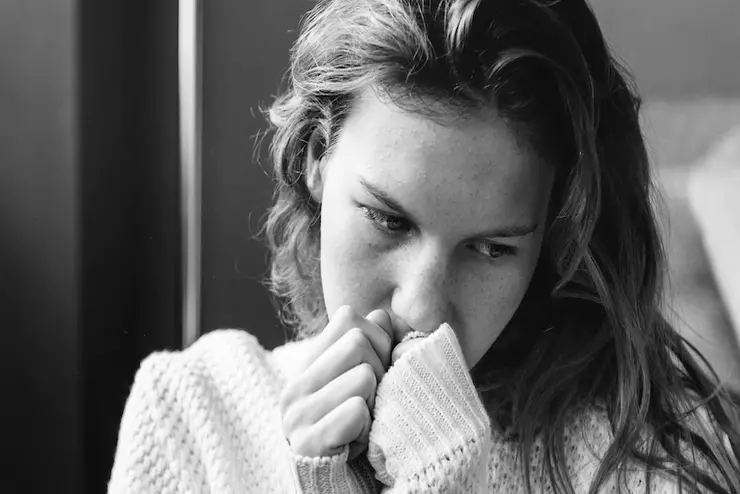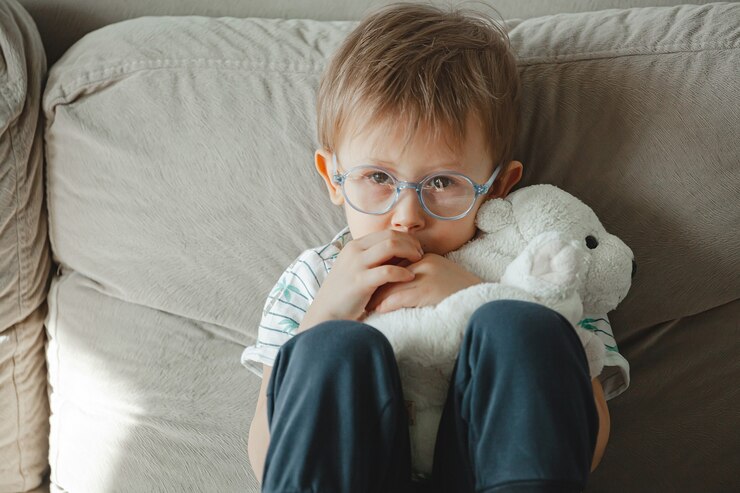PSYCHIATRIC TREATMENT/EVALUATION

What is a Psychiatric Treatment/Evaluation?
The first visit to a psychiatrist includes a clinical interview known as a mental examination. Its goal is to develop accurate psychiatric diagnosis.
To help identify the disease and assist your child in receiving the best care possible for their condition, a psychiatric evaluation is required. A mental evaluation is carried out by our Board Certified licensed Psychiatrist, Dr. Aman. A child’s parent or legal guardian must be present for the child being evaluated.
Three main types of Psychiatric Treatment/
Evaluation:
EMERGENCY EVALUATIONS
An urgent psychiatric examination is requested when it is necessary to act quickly to ensure your child safety.
A doctor will need to rule out other medical causes for your symptoms before making an assessment. If no other causes can be found, a psychiatrist will be recommended to you.
There are several situations where an urgent mental evaluation is required. The most typical ones are:
*An individual is acting violently toward oneself or others.
*Someone is quite upset and perplexed.
*A person is having delusions.
*Someone is making suicide threats or acting suicidally.
*A person who has abused drugs in the past and is displaying signs of a mental illness.
GENERAL PSYCHIATRIC EVALUATIONS
When there is a reasonable suspicion that your child has a mental health disorder, a general psychiatric evaluation is required. Your child’s medical and family history will be examined throughout the assessment.
Many mental health illnesses are related to a person’s family history since some disorders are inherited. Additionally, some lab tests may be required to rule out other medical conditions.
CLINICAL CONSULTATIONS
You can ask for a clinical consultation if your child has been displaying symptoms of a mental health disorder.
You might ask for a clinical consultation on behalf of a loved one if they are displaying worrying behaviors that point to the need for psychiatric attention. The person being evaluated will be made aware of its progress.
How a Psychiatric Evaluation Is Conducted
Dr. Aman will make sure that no other health conditions are the source of the symptoms that prompted you to seek help. A typical mental assessment could last anywhere from 60 to 90 minutes. The precise length, nevertheless, varies from person to person.
Dr. Aman will elicit information from your child through a series of questions in order to better understand your decision to visit and the symptoms your child has been displaying.
It’s crucial to let your psychiatrist know if your child has ever used drugs or alcohol. They will also take into account any family members who have experienced mental health issues. Your child’s treatment history as well as their developmental and social background will be covered in the questions.
How to Prepare for a Psychiatric Evaluation
You aren’t required to have your child put much effort into getting ready for a mental evaluation. You ought to prepare your child before having a mental evaluation. Confronting your child’s emotions is the first step. Include in their writing their current feelings and any suspected symptoms. Take note of any medications they are currently taking as well as any previous doctor appointments.
Another item to consider before scheduling a mental evaluation is the expense. You should speak with your clinician to see whether your health insurance will sometimes cover it. You will be required to pay out of pocket if your insurance does not cover it. To reduce your financial burden, some psychiatrists will let you bargain the prices or offer a payment schedule.
Psychiatric assessments follow a conversational format. Your psychiatrist will rely on you to assist them in helping you during the assessment.
What to Expect During a Psychiatric Evaluation
Your psychiatrist will quiz your child on a number of topics during a mental health evaluation. Your child might also need to undergo some lab tests in specific circumstances, depending on the symptoms they experience. Your psychiatrist will next make a diagnosis based on their symptoms to see if they have any mental health concerns.
During an assessment, your child might experience anxiety or trepidation. It is vital to keep in mind that the psychiatrist is there to assist your child in finding a solution to their issue.
Who Might Need a Psychiatric Evaluation
A psychiatric assessment is recommended for anyone who has been exhibiting or battling with the symptoms of a mental health disorder. Your friends and loved ones might have noticed changes in your mood or conduct even if you haven’t.
What Happens After a Psychiatric Evaluation
Your psychiatrist will choose the diagnosis that best suits your child’s symptoms following an evaluation. They will go through your diagnosis with you as well as what to anticipate in the upcoming days, weeks, months, and years. They will also create a treatment strategy tailored to your child’s needs. Typically, the treatment strategy will combine both medicine and psychotherapy.
You can seek a second opinion from a different medical practitioner if you are not happy with your psychiatrist’s diagnosis or proposed course of treatment.







